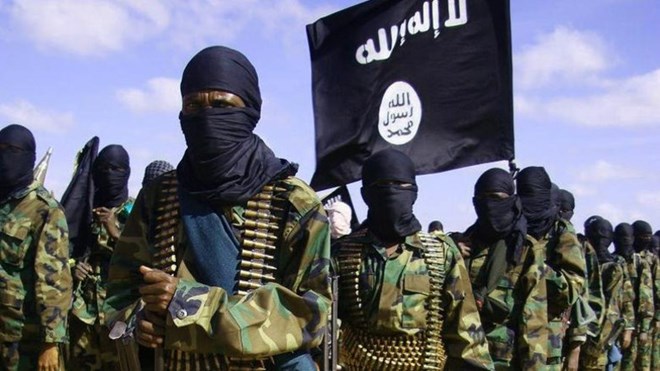
Tuesday, September 13, 2016

Efforts to weaken the al Qa'ida-linked terrorist group al Shabaab in Somalia have had some success over the past five years, but the U.S. campaign there is now in jeopardy, according to a new RAND Corporation study.
Al Shabaab may resurge if urgent steps are not taken to address the political, economic and governance challenges at the heart of the conflict, researchers say.
The report finds that a key to degrading al Shabaab was a tailored engagement strategy that involved deploying a small number of U.S. special operations forces to conduct targeted strikes, provide intelligence and build the capacity of local partner forces to conduct ground operations.
“This strategy used a limited U.S. military footprint, which minimized the risk of U.S. casualties, financial costs and likelihood of triggering nationalist or religious blowback,” said Seth Jones, the study's lead author and director of the International Security and Defense Policy Center at RAND, a nonprofit research organization. “It involved working with and supporting the Somali National Army, the African Union Mission in Somalia and clan forces, which were in the lead.”
Researchers also pointed out several other factors that weakened al Shabaab, such as internal friction among al Shabaab's senior cadre of leaders, battlefield losses, personality clashes, clan dynamics and ideological disputes.
“Still, progress in Somalia is reversible in the absence of continued and consistent pressure and political, economic and social reforms,” said Andrew Liepman, an author of the report and a senior policy analyst at RAND. “Al Shabaab has not given up its ambition to control greater Somalia and it retains the ability to retake territory, particularly if the United States and its allies fail to effectively deal with ongoing challenges,”
The authors contend that while there has been a significant focus on how and why the United States and other Western governments have failed to degrade terrorists and insurgents from key battlefronts such as Iraq and Afghanistan, there has been far less attention on successful efforts to degrade groups. In Somalia, there has been limited progress. The challenge will be preventing a reversal, researchers say.
Al Shabaab remains a capable and ruthless terrorist group, according to the RAND report. Its intelligence and security branch, Amniyat, remains aggressive in planning future attacks. Al Shabaab continues to kill civilians across East Africa and undermine the viability of Somalia. It has attacked neighbors, killing hundreds of Kenyans and Ethiopians, and targeted other African nations that have contributed troops to the fight against the group.
As the al Shabaab case highlights, insurgent groups often increase terrorist attacks as they lose territory. They may resort to terrorism to coerce the withdrawal of foreign forces by punishing their civilians, bait foreign governments into overreacting or simply to enact revenge. The lesson for other cases, such as the Islamic State, is straightforward. Western populations should be prepared for an upsurge in violence as groups lose territory, researchers say.
To stabilize the situation in Somalia, the RAND report recommends establishing a U.S. senior diplomatic presence in Somalia to better deal with the country's political challenges and increasing aid to build the institutional capacity of Somali security forces. In addition, the United States should ensure long-term political, economic and military support to the African Union Mission in Somalia, and retain the legal authority to deploy U.S. special operations forces and to strike targets in Somalia.
The report, “Counterterrorism and Counterinsurgency in Somalia: Assessing the Campaign Against al Shabaab,” can be found at www.rand.org. Nathan Chandler also co-authored the report.
The research was conducted within the International Security and Defense Policy Center of the RAND National Defense Research Institute, a federally funded research and development center sponsored by the Office of the Secretary of Defense, the Joint Staff, the Unified Combatant Commands, the Navy, the Marine Corps, the defense agencies, and the defense Intelligence Community.